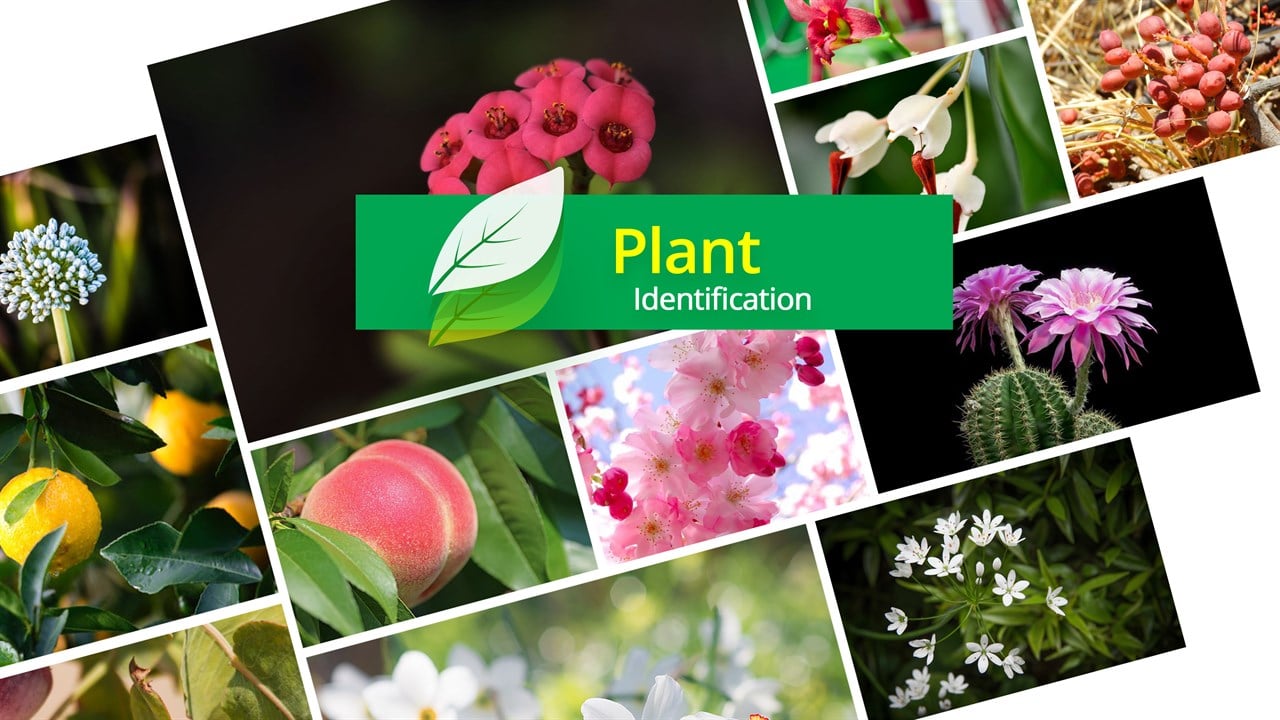
[vc_row][vc_column][vc_column_text]
The Swamp Stomp
Volume 19, Issue 14
On June 10, 2019 the US Army Corps of Engineers announced that an update to the National Wetland Plant List (NWPL) is now available for review and comment. The public comment period ends on August 9, 2019.
The direct link to comment on the list is: https://www.federalregister.gov/documents/2019/06/10/2019-12129/national-wetland-plant-list
For the 2018 NWPL update, the NWPL National Panel (NP) and Regional Panels (RPs) reviewed proposed wetland rating changes or additions for 20 species and 37 regional ratings (some species were reviewed for multiple regions) submitted by the general public.
Eight of these species were proposed for addition to the NWPL, and 12 species were submitted for a rating change request in one or more regions. Submitted information was reviewed by the NP and RPs, and proposed 2018 ratings for these species were determined, as detailed below.
Note that all submitted species are included here, regardless of whether or not the NP and RPs proposed a rating change. Hence, for those species where the current and proposed ratings are the same, a rating change request was submitted, but after review of the submitted information no rating change is being proposed for the 2018 update.
For the time being, it would appear that we are calling this the 2018 update to the NWPL. Perhaps this will be changed to 2019 in the final version.
The Federal Register notice also reiterates the wetland rating definitions for OBL, FACW, FAC, FACU and UPL. The percentage definitions used in the past are only used for testing and problematic species. Plus and minus designations and wetland indicator designations such as No Indicator (NI), No Occurrence (NO), and No Agreement (NA) are no longer used on the NWPL.
Users are encouraged to submit literature citations, herbaria records, experiential references, monitoring data, and other relevant information.
Specific knowledge of, or studies related to, individual species are particularly helpful. Commenters should use their regional botanical and ecological expertise, field observations, reviews of the most recent indicator status information, appropriate botanical literature, floras, herbarium specimens with notation of habitat and associated species, habit data, relevant studies, and historic list information.
This is also an opportunity to suggest new ratings for species not included on the short list below. The Corps is also discouraging guessing ratings. I am not sure what that means, but don’t do it.
These are the proposed changes. Be sure to note American Holly (Ilex opaca).
| Species | Region | Current 2016 Rating* | Proposed 2019 Rating |
| Aristida palustris | AGCP | NOL | FACW |
| Artemisia dracunculus | AW | NOL | FACU |
| Artemisia dracunculus | WMVC | NOL | FACU |
| Bassia hyssopifolia | AW | FACU | FACU |
| Bromus nottowayanus | MW | NOL | FACU |
| Bromus nottowayanus | NCNE | NOL | FACU |
| Delairea odorata | AW | NOL | FAC |
| Delairea odorata | WMVC | NOL | FAC |
| Dichanthelium wrightianum | AGCP | NOL | FACW |
| Epilobium brachycarpum | AW | NOL | FAC |
| Epilobium brachycarpum | WMVC | NOL | FAC |
| Hymenocallis latifolia | AGCP | FACW | FACU |
| Hymenocallis latifolia | CB | FACW | FACU |
| Hymenocallis occidentalis | AGCP | OBL | FAC |
| Hymenocallis occidentalis | EMP | OBL | FAC |
| Hymenocallis occidentalis | GP | FACW | FAC |
| Hymenocallis occidentalis | MW | OBL | FAC |
| Ilex opaca | AGCP | FAC | FAC |
| Iva axillaris | AW | FAC | FACU |
| Iva axillaris | WMVC | FAC | FACU |
| Liriodendron tulipifera | AGCP | FACU | FACU |
| Liriodendron tulipifera | EMP | FACU | FACU |
| Penstemon rydbergii | AW | FACU | FACU |
| Penstemon rydbergii | WMVC | FACU | FACU |
| Pleopeltis polypodioides | AGCP | FAC | UPL |
| Polymnia canadensis | EMP | NOL | FACU |
| Polymnia canadensis | MW | NOL | FACU |
| Polymnia canadensis | NCNE | NOL | FACU |
| Pycnanthemum muticum | EMP | FAC | FACU |
| Quercus michauxii | AGCP | FACW | FACW |
| Tussilago farfara | NCNE | FACU | FACU |
| Verbena brasiliensis | AGCP | NOL | FACU |
| Verbena brasiliensis | EMP | NOL | FACU |
| Verbena brasiliensis | MW | NOL | FACU |
| Verbena incompta | AGCP | FACW | FACU |
| Verbena incompta | EMP | FACW | FACU |
| Verbena incompta | MW | FAC | FACU |
| *NOL = “Not On List” and indicates proposed additions |
| OBL—almost always occur in wetlands |
| FACW—usually occur in wetlands, but may occur in non-wetlands |
| FAC—occur in wetlands and non-wetlands |
| FACU—usually occur in non-wetlands, but may occur in wetlands |
| UPL—almost always occur in non-wetlands |
Be sure to mention in your comments and suggestions related the the 2016 name changes of species. There is no mention that these will be updated with the new release. There had been a discussion that the 2014 names should be used. This has been a big issue when trying to key out a plant only to find that the Corps has changed the name and there are not academic references to support the name changes. This has lead to misidentification in the field of species wetland ratings.[/vc_column_text][/vc_column][/vc_row]
